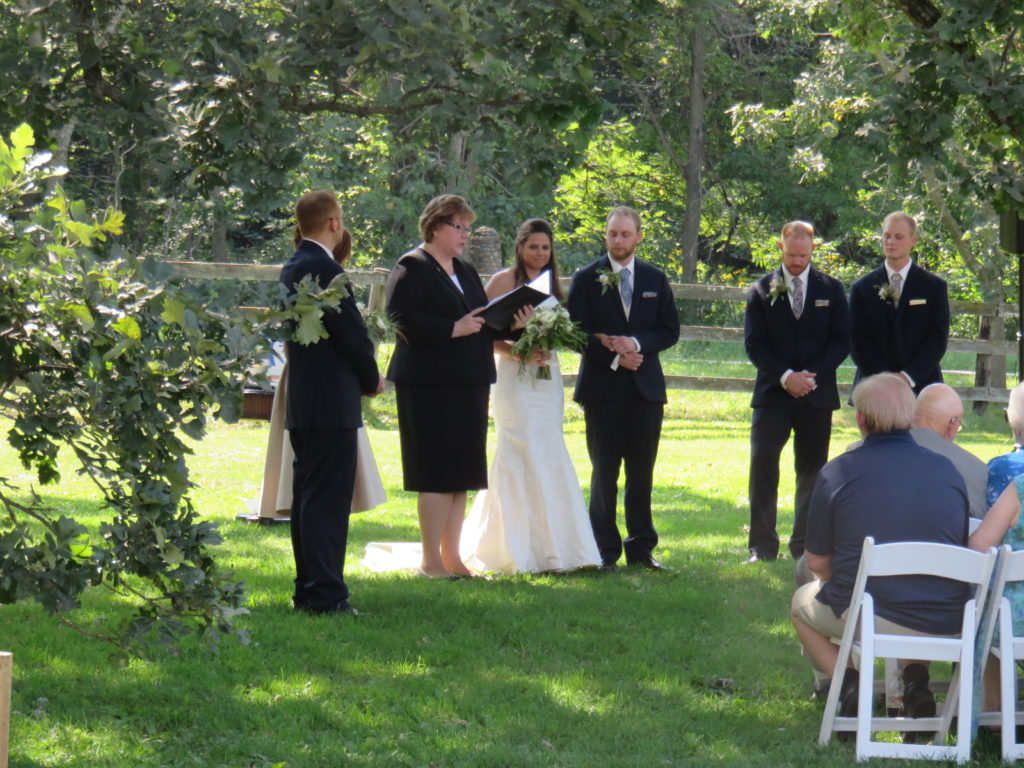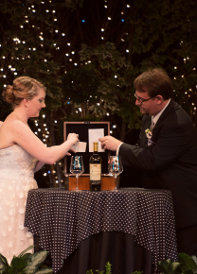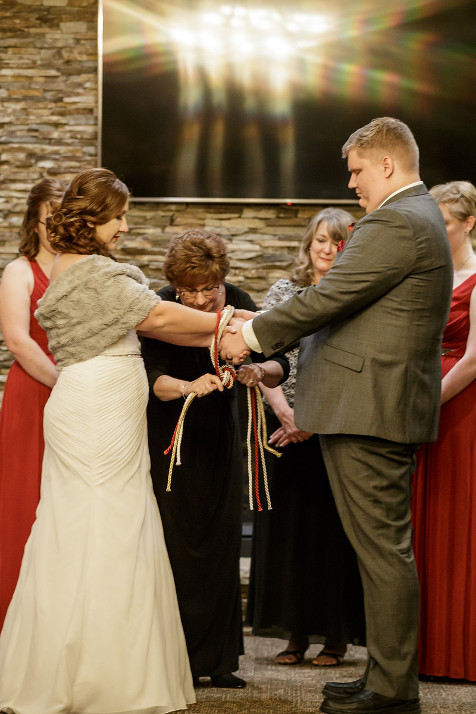Create Meaningful Ceremony – Weddings
Create meaningful ceremony to celebrate the important moments in your life. Share your love with a personal wedding. Welcome a new child to your family with a sweet naming ceremony. Honor a loved one with a poignant memorial service. Mark a new phase of life with an inspirational celebration. This week’s focus is on how to create a personal, custom wedding ceremony.
Your wedding ceremony needs to reflect you as a couple. Here are five ways to ensure that the ceremony is authentic for you and honors the commitment you are making to each other in marriage.
- Before the first word of the ceremony is spoken, set the tone with music. Use your favorite genre or select lyrics that speak to you.
- Bring your guests into your ceremony by acknowledging the role they’ve had in your lives to date, and asking for their support for your marriage going forward.
- Tell your story. Or more accurately, have your officiant retell vignettes that share how your love story evolved.
- Write your own vows. The centerpiece of the ceremony, this is your opportunity to make promises to your love that are meant to last a lifetime.
- Choose your wedding party intentionally. Select those people who support you and your relationship. Pay less attention to traditional gender roles and matching numbers, and surround yourselves with love.

When you create meaningful ceremony to begin your wedding day celebration you express your love in memorable ways. You also engage your guests to celebrate with you and prepare everyone to move on to the next parts of your important day.
Next time I’ll be talking about how to create meaningful ceremony when you’re welcoming new members to the family. Make sure to check it out in two weeks.


